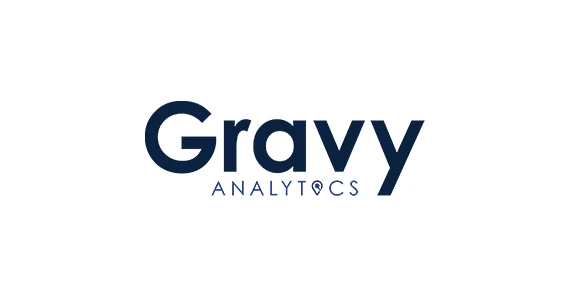How can businesses use location data effectively?
January 21, 2022

Marketers saw the potential of location data early and remain major users of it. But applications are expanding beyond marketing, with some of the biggest growth areas being in analytics and operations for real estate, finance, consumer packaged goods (CPG), and urban planning.
Marketing uses of data remain widespread. According to an October 2020 BCG survey, location data was very commonly used for geotargeting and other marketing applications across verticals worldwide. Digital customer experience enhancement was also a popular use case in several industries.
Nearly 4 in 5 retailers that used location data said they have geotargeted marketing, per BCG. Location data is a core way for retailers to drive consumers to a local store by targeting customers primarily, but not exclusively, through social media and search ads.
Even for marketers, location intelligence is more widespread than location targeting. Foursquare and Advertising Perceptions data from March 2020, prior to the pandemic lockdowns in the US, underscores the importance of using location data in identifying customer segmentation, local trends, competitive intelligence, and other aggregated use cases. And location data is likely to have grown in importance since then. This is probably also true of measuring and quantifying ROI, which includes analyses of store visits as a conversion metric.



